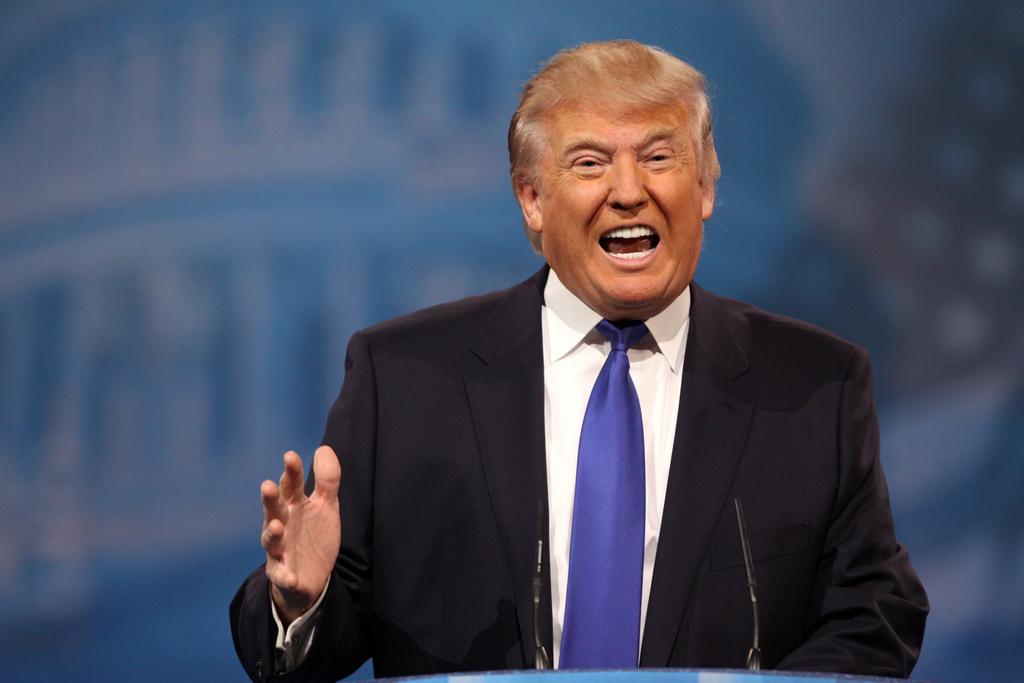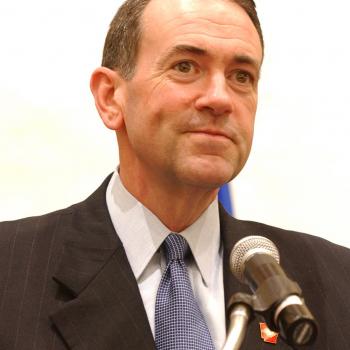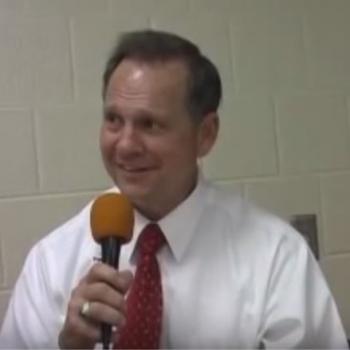
In the October 2002 LDS General Conference, then-Second Counselor in the First Presidency James E. Faust gave a talk titled “What’s in It for Me?” In it, he related the following story:
Many years ago I was in a professional association with two older, more experienced men. We had been friends for many years and found it mutually beneficial to help one another. One day, one associate sought our help on a complex matter. As soon as the issue had been explained, the first thing the other associate said was, “What’s in it for me?” When his old friend responded so selfishly, I saw the look of pain and disappointment on the face of the one who had invited our help. The relationship between the two was never quite the same after that. Our self-serving friend did not prosper, as his selfishness soon eclipsed his considerable gifts, talents, and qualities. Unfortunately, one of the curses of the world today is encapsulated in this selfish response, “What’s in it for me?”
I couldn’t help but recall this story as I observed how President Trump responded over the past few days to the incident of radical white terrorism in Charlottesville. After offering a milquetoast denunciation of the violence, one that seemed to draw a moral equivalency between neo-Nazi bigots and those opposing them, Trump was noticeably quiet. A man who doesn’t hesitate to scapegoat innocent young black men, immigrants, and Muslims couldn’t find the words to condemn the white supremacists that marched in his name. Finally, around 48 hours later, after a tidal wave of condemnation for Trump’s reticence to denounce hate, Trump was all-but-dragged to a podium in the White House’s Treaty Room to issue a (somewhat) more forceful response to the violence:
Despite his belated effort to perform damage control, Trump’s pandering to white supremacists continued to draw condemnation from persons in business, government, and the media. Following in the footsteps of Merck’s CEO, the heads of Under Armour and Intel resigned from Trump’s American Manufacturing Council. Democratic luminaries like House Minority Leader Nancy Pelosi persisted in calls for Trump to fire the white nationalists in the White House, like Chief Strategist Steve Bannon. And Jennifer Rubin, a conservative writer for The Washington Post, published a withering take-down of Trump’s embrace of alt-right bigots.
Trump responded to this continuing criticism in a typically Trumpian way: he resorted to Twitter, where he did his best impression of the depressed android Marvin from Hitchhiker’s Guide to the Galaxy.
Observe, Marvin:
And now Trump:
Made additional remarks on Charlottesville and realize once again that the #Fake News Media will never be satisfied…truly bad people!
— Donald J. Trump (@realDonaldTrump) August 14, 2017
As many a pundit noted after Trump engaged in this emo-ish expression of teenage-style angst (“No one understands me! I’ll just stay in my room and listen to Blink-182 and Linkin Park – and probably tweet!”), Trump missed the point of condemning white bigotry. It wasn’t about getting the media off his back, as Trump’s tweet seemed to imply. No, it was about indicting an ideology that would see fellow Americans consigned to a sub-human status and which had already resulted in a terrorist attack that had taken a woman’s life.
Of course, Trump failed to realize the moral obligation he had as President to rebuke ideologies driven by hate. Rather, as Rubin noted, “It’s always and only about him.” Trump didn’t care that millions of minorities feared further white violence, that hundreds of angry white men were using his rhetoric to justify their thuggery, or that terrorism had once again struck at the heart of America. He was only worried about appearing to be “politically correct,” about seeming to bow to public pressure, about alienating key components of his values-devoid base of supposed values voters. In effect, instead of heeding Kennedy’s admonition to ask what he could do for his country, he only asked, “What’s in it for me?”
In his 2002 address, President Faust noted that his “self-serving friend did not prosper, as his selfishness soon eclipsed” things that may have given him with success. If Trump’s poll numbers are any indication, it looks like his narcissistic self-obsession is leading him to the same ignominious destiny as President Faust’s ill-fated acquaintance.












